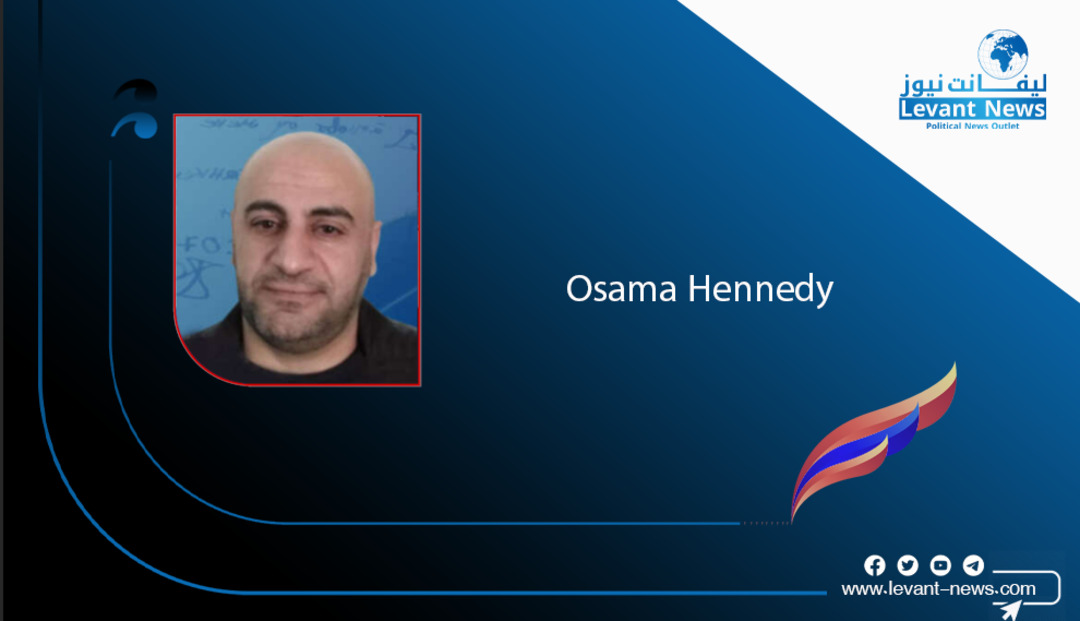-
The Air Also Lies About the Diver

Anyone who follows Syrian media and most Arab media will be shocked — especially those from Mecca, who are more familiar with their own terrain — by the scale of media mobilization and the ready-made narratives used to demonize the parties obstructing or delaying these countries’ opening and interests in Syria, and their defense of the myth of Syrian unity and territorial integrity. They see in Al-Joulani or Ahmad al-Shar’ (as guarantors).
After July 13, and the massacres in Sweida that led to the death of over two thousand martyrs, the destruction of thirty-six villages, and the displacement of more than 180,000 people from those villages — plus over one hundred women kidnapped forcibly — Arab media presents a narrative trying to undermine the attacked party, claiming Sheikh Hamed Al-Hajri demanded the separation of Sweida from Syria. They ignore all the heavy losses in lives and property and focus only on calls for international and Israeli protection, along with constant doubts about Sheikh Hamed’s representation of most of Sweida’s people — contrasting that with references to the positions of the remaining two sheikhs of the sect, Yousuf Jarbo and Hamoud Al-Hanawi, or throwing around figures like Laith Al-Balous and Suleiman Abdul Baki, recruited by Al-Joulani to attack Sweida, claiming they represent a faction within the sect.
Despite some guests repeatedly answering these unholy questions, they still repeat the same narrative daily, cementing this information in the minds of Syrian and Arab viewers overall.
Anyone who closely follows Sheikh Hamed Al-Hajri’s statements since the early hours of December 8, 2024, will clearly see the gradual escalation in his statements, building on what was happening daily. The man started with good intentions, sending his son Salman to congratulate on liberation from Assad’s regime after Hayat Tahrir al-Sham entered Damascus. He later requested a governor from the sect, and the choice fell on Mrs. Mahsana Al-Mahithawi, who was appointed. Sheikh Hamed responded by sending a deputy with the rank of governor, Abu Yasin Al-Ma’arah, or Mustafa Bakour — causing initial concern. Yet, Sheikh Hamed maintained contact with the government’s envoy to Sweida, Mustafa Bakour, conveying many demands, most importantly involving everyone in governance, and slogans of a civil and secular state, and opening up to all segments of Syrian society. However, Sheikh Hamed became more cautious with the new authority, given its known jihadist-Salafi history.
Surely, the sect’s leader still has a memory that reminds him: these people, and similar others, are the ones who killed twenty-four sect members, including children, in the heart of Loza, the Druze village in Adlib, in 2015 — solely for sectarian reasons, led by a Tunisian jihadist from Jihad Front. The behavior of the new ruling group appeared to be tribalist, as they initially appointed people from the Adlib area, then Islamic faction leaders and relatives of Al-Joulani, such as Hazem Al-Shar’, for example. All this intensified the suspicion and concern, gradually turning into outright rejection, compounded by additional factors like promoting foreign fighters within the army, some incidents of interference in the daily lives of people in Damascus and other governorates, and propaganda vehicles spreading extreme Salafi messages — until reaching the moment of major concern during the Coast massacres, in which over two thousand civilians were killed, accompanied by various humiliations and violations of human dignity. All this was justified as fighting remnants of the regime in the Syrian coast.
Anyone from the sect's minorities living in Syria would feel the danger they face — imagine how the sect’s leader, entrusted for centuries with the Supreme Religious Authority, perceives the threat. Sheikh Hamed Al-Hajri thus began raising the tone of his descriptions, not just opinions, stating that we are dealing with a marginalizing government dependent on unruly factions (a milder term for terrorists), and therefore cooperation with it is conditional. Now, the issue demands negotiations producing guarantees, not just demands from the central authority.
The state media, represented by the Syrian Arab News Agency, played a significant agitational role — especially regarding weapon surrender, which most Sweida factions oppose for many reasons: historically, the sect’s relationship with weapons, which many overlook, given their ignorance of the region’s history, the sect’s role, and their struggles, including the Daesh invasion in July 2018 that killed about 200 civilians, mostly from the eastern and northern villages of Sweida. The reasons extend beyond what happened in the coast, which saw atrocities against the Alawites.
However, the situation worsened with a smear campaign following an anonymous audio recording insulting the Prophet Muhammad, attributed to an unknown Druze, still unidentified. This led to targeting Druze in Jaramana and Ashrafiy.
Osama Hennedy
You May Also Like
Popular Posts
Caricature
opinion
Report
ads
Newsletter
Subscribe to our mailing list to get the new updates!




















